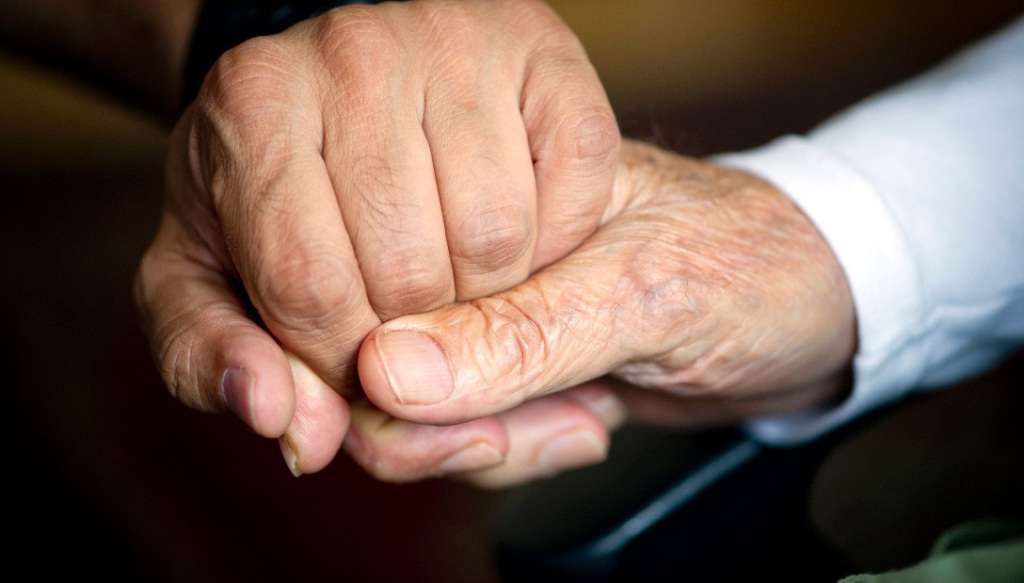Rich individuals live healthy, inability free lives an average of nine years longer than less wealthy individuals, as per a significant report that exposes the troubling economic imbalances behind life expectancies in the US and UK.
Analysts examined information on over 25,000 grown-ups more than 50, searching for factors that could foresee to what extent they lived before they began experiencing age-related disabilities, such as being not able to get out of bed or cook for themselves.
The greatest socioeconomic factor in anticipating when those issues started was wealth, the group found, with more extravagant individuals enjoying almost an extra decade before encountering challenges.
From the age of 50, the wealthiest men investigated could anticipate another 31 healthy years of life – contrasted and minimal wealthy, who could just anticipate that another 22 to 23 healthy years.
For ladies, the wealthiest were anticipated to appreciate 33 additional years of good wellbeing, contrasted and 24 for the least poor.
“While life expectancy is a useful indicator of health, the quality of life as we get older is also crucial,” lead author Paola Zaninotto, a public health specialist at University College London, said in a statement. “By measuring healthy life expectancy we can get an estimate of the number of years of life spent in favorable states of health or without a disability.”
The study – the work of analysts from a group of universities in Europe and the US – is a long way from the first to pinpoint the significance wealth plays in to what extent individuals live, however, most have concentrated on the future as opposed to the quality of life.
Research in 2016 found that men in the top financial 1% in the US can hope to live until the age of 87.3, about 15 years longer than those in the bottom 1%. The gap for ladies was 10 years.
What’s more, in the UK, a study in 2018 found that poor individuals die around 10 years sooner than the individuals who are in an ideal situation.
Information for the new research was pulled from two aging studies: one from the UK, which had 10,754 respondents, and another from the US, with 14,803 respondents. There was no critical contrast between the two nations about the study’s key discoveries.
“Inequalities in healthy life expectancy exist in both countries and are of similar magnitude,” the authors wrote in their conclusion. “In both countries efforts in reducing health inequalities should target people from disadvantaged socioeconomic groups.”
In general, the global life expectancy at birth in 2016 – the most recent year for which information is accessible – was 72 years, as indicated by the World Health Organization. The global average life expectancy rose by 5.5 years somewhere in the range of 2000 and 2016, the quickest increment since the 1960s, WHO said.
Disclaimer: The views, suggestions, and opinions expressed here are the sole responsibility of the experts. No Graph Daily journalist was involved in the writing and production of this article.



